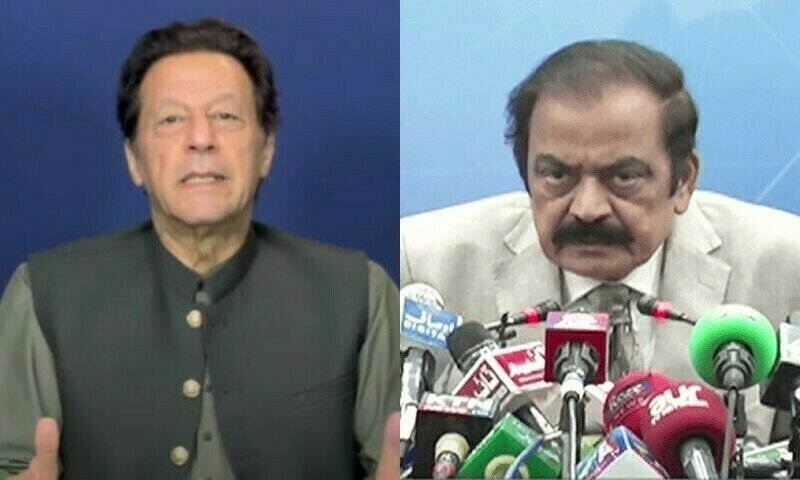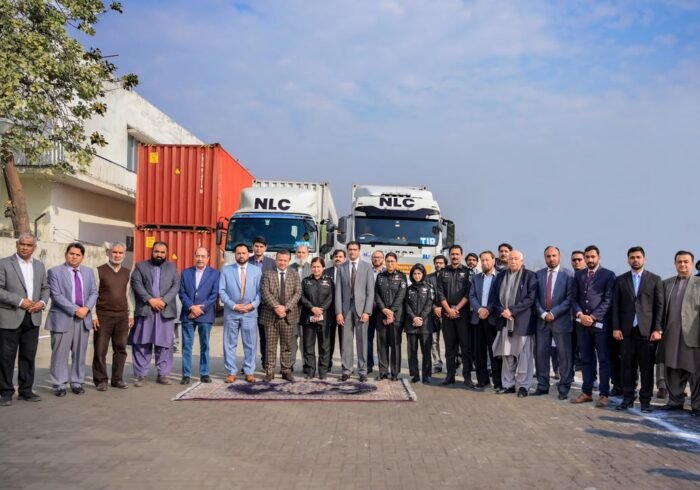An anti-terrorism court in Faisalabad has indicted four senior leaders of Pakistan Tehreek-e-Insaf (PTI) in connection with the attack on the residence of Rana Sanaullah, the Prime Minister’s advisor, during violent protests following the May 9, 2023 arrest of PTI Chairman Imran Khan.
The court has charged Opposition Leader Omar Ayub, Shibli Faraz, Kanwal Shozab, and Fawad Chaudhry for their involvement in the mob attack on Sanaullah’s house in Lahore. The charges stem from the violent protests that erupted after Imran Khan’s arrest, where PTI supporters gathered outside Sanaullah’s residence, throwing stones at the building, causing damage.
The accused individuals were not present in court during the reading of the charges. As a result, the court issued the indictment in absentia and adjourned the case until February 8, allowing the accused to respond to the charges. The court proceedings have garnered significant public attention, as it comes amid the ongoing political unrest following the May 9 riots.
In a related development, Imran Khan has filed a petition in the Lahore High Court (LHC), seeking post-arrest bail in multiple cases linked to the May 9 violence. Imran Khan, who is currently in National Accountability Bureau (NAB) custody in Islamabad, has rejected the allegations of his involvement in the violent clashes. He has maintained that these cases are politically motivated, accusing the ruling government of using the legal system to exact political revenge against him and his party. Khan’s legal team has argued that the charges against him lack evidence and are part of a broader effort to silence opposition.
The May 9 violence led to widespread clashes across Pakistan, with protests turning violent in both major cities and more remote areas. As PTI supporters clashed with security forces, the situation escalated, with several military installations becoming targets, including the Corps Commander’s residence in Lahore. These incidents caused significant unrest, with some reports indicating that state institutions were also targeted.
Imran Khan has been named as the primary accused in several cases stemming from the May 9 violence, which has further intensified the political polarization in the country. Following his arrest, numerous PTI leaders and activists were detained and charged in relation to the protests, adding to the growing tension between the PTI and the Pakistani government. The government’s crackdown on PTI supporters and leadership continues to fuel a political crisis, with critics alleging a systematic suppression of opposition voices.
The situation has escalated political tensions, with both sides accusing each other of undermining democratic processes and freedom of expression. The Lahore High Court’s upcoming decision on Imran Khan’s bail and the ongoing legal proceedings against PTI leaders, including the case in Faisalabad, are likely to have far-reaching implications for the country’s political future.





